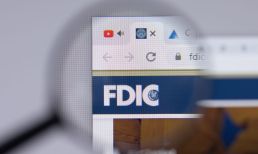“As we face the most serious geopolitical crisis since the Cold War, old certainties are increasingly being challenged,” he said. “The invasion of Ukraine has cast further doubt on the reliability of a global order that enabled unprecedented economic interdependence.
“In the financial realm, old certainties are also beginning to falter. Digital technologies, changing payment habits and the race for payments supremacy are testing the complementarity of public and private money, which has long formed a cornerstone of our monetary system,” said Panetta.
The launch of a digital euro “would fortify our monetary sovereignty and provide a form of central bank money for making daily digital payments across the euro area, just like cash for physical transactions,” he said.
Europe will preserve cash as a payment option, said Panetta, although consumers’ reliance has continued to steadily drop, with about 20% of payments made in cash last year, compared to 35% 15 years ago.
Related: Digital Euro Will Balance Privacy, Anti-Money Laundering Concerns, Finance Ministers Say
Advertisement: Scroll to Continue
In April, after a meeting of European Union finance ministers, officials said that a new digital euro will offer more privacy for smaller transactions — though full anonymity is still apparently off the table.
There haven’t been any formal decisions on whether to issue a central bank digital currency, although the EU is looking into how to tie payment innovations to the anti-money laundering rules, which will apply to the digital euro as well as private cryptos.




